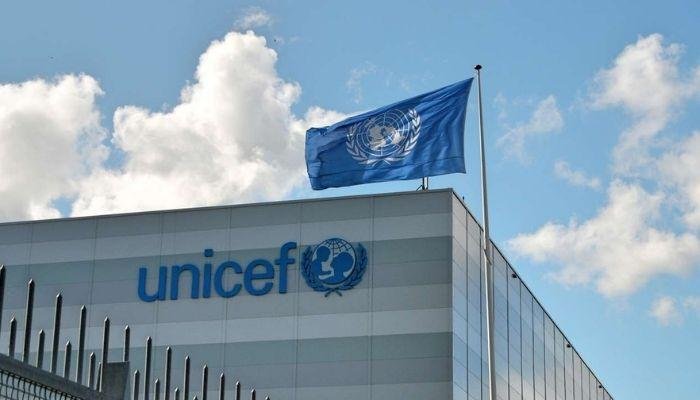Korede Abdullah in Lagos
Africa faces a severe shortfall in mpox vaccines as only half of the 6.4 million doses needed are funded, leaving countries like Sierra Leone and Uganda struggling, according to Dr. Ngashi Ngongo of the Africa CDC.
“Sierra Leone requested 280,000 doses but has received just 50,000,” Ngongo said at a media briefing, noting that Sierra Leone, Uganda, and the Democratic Republic of Congo account for most cases on the continent.
Although mpox cases dropped by 30% last week, Ngongo warned that a sharp decline in testing, particularly in the DRC, may be masking the true situation.
Efforts to close the vaccine gap are hampered by high prices and stalled funding. Public Citizen, a US advocacy group, urged manufacturer Bavarian Nordic to lower its $65 per dose price, warning that the cost “threatens to further strain budgets and impede the response in Africa.”
The group highlighted that Bavarian Nordic’s revenues from the vaccine have surged 523% since 2022. Meanwhile, UNICEF is unable to fund remaining doses under a supply deal, with its executive director Catherine Russell revealing a projected 20% drop in income — the lowest in over a decade.
Adding to the crisis, Public Citizen blamed US funding cuts for worsening global vaccination shortfalls.
“The sudden interruption of funding and other critical support from the US underscores the need for renewed, public health-oriented commitments from all actors involved in the mpox response,” it stated.
As cholera simultaneously surges across 21 African countries, with nearly 150,000 cases this year, WHO has begun a 10-day vaccination campaign targeting over 2.6 million people, particularly in conflict-hit Khartoum where infrastructure collapse fuels the outbreak.



